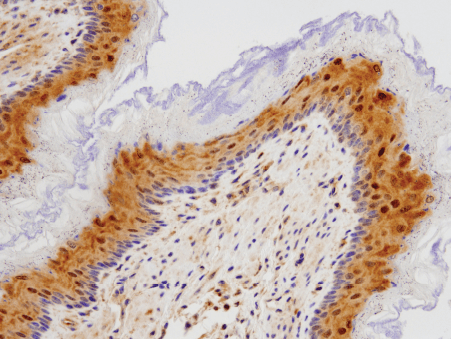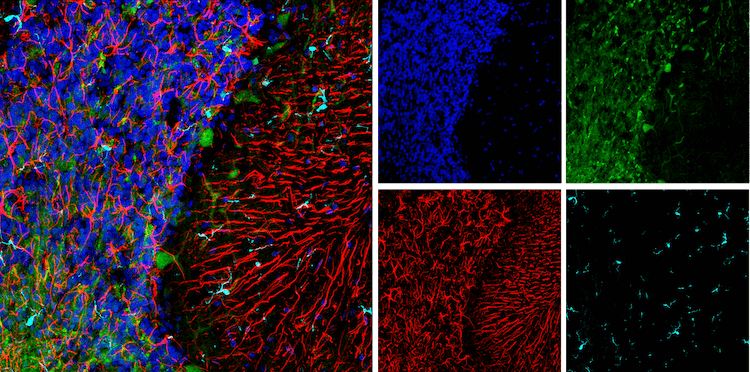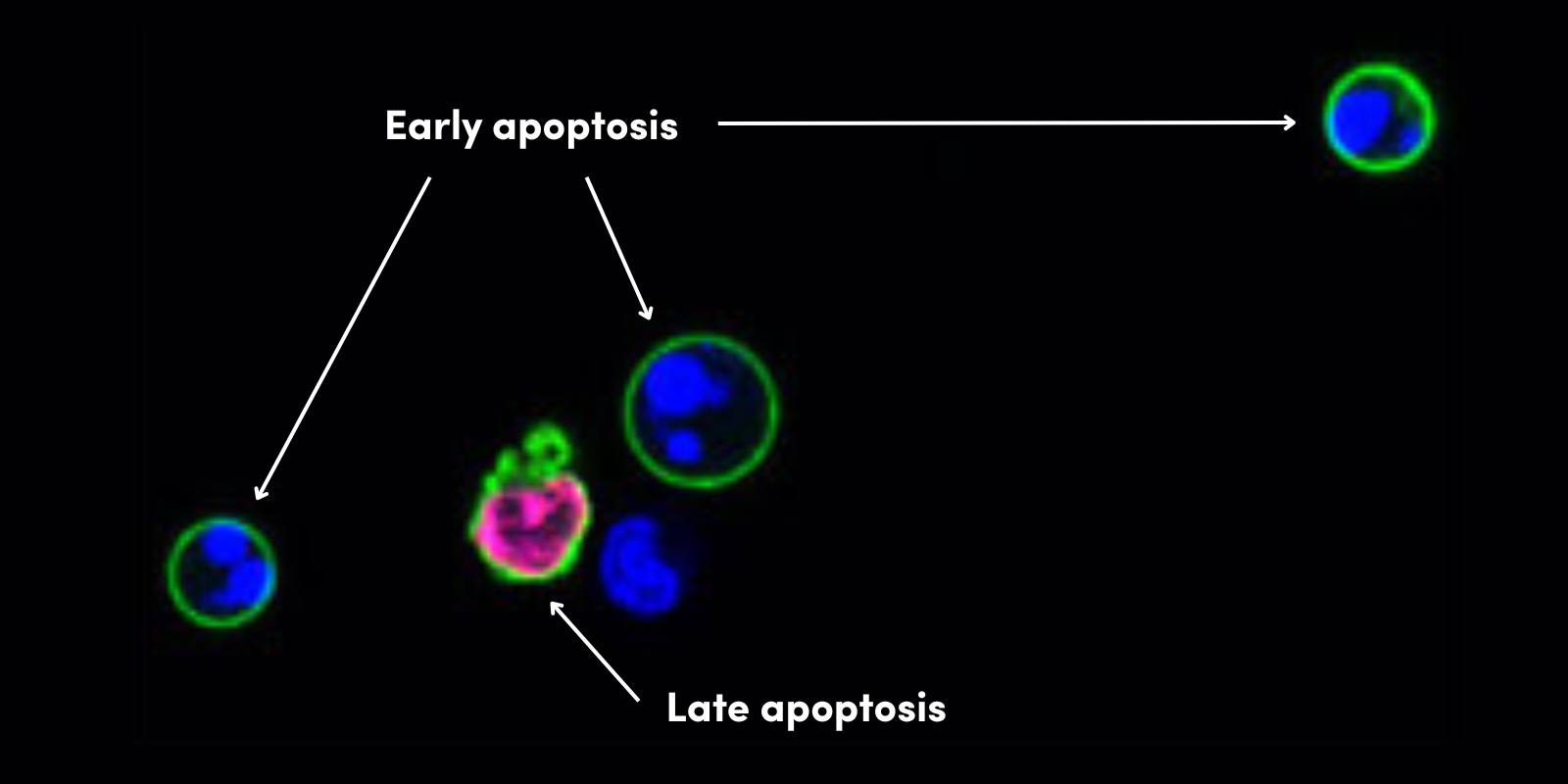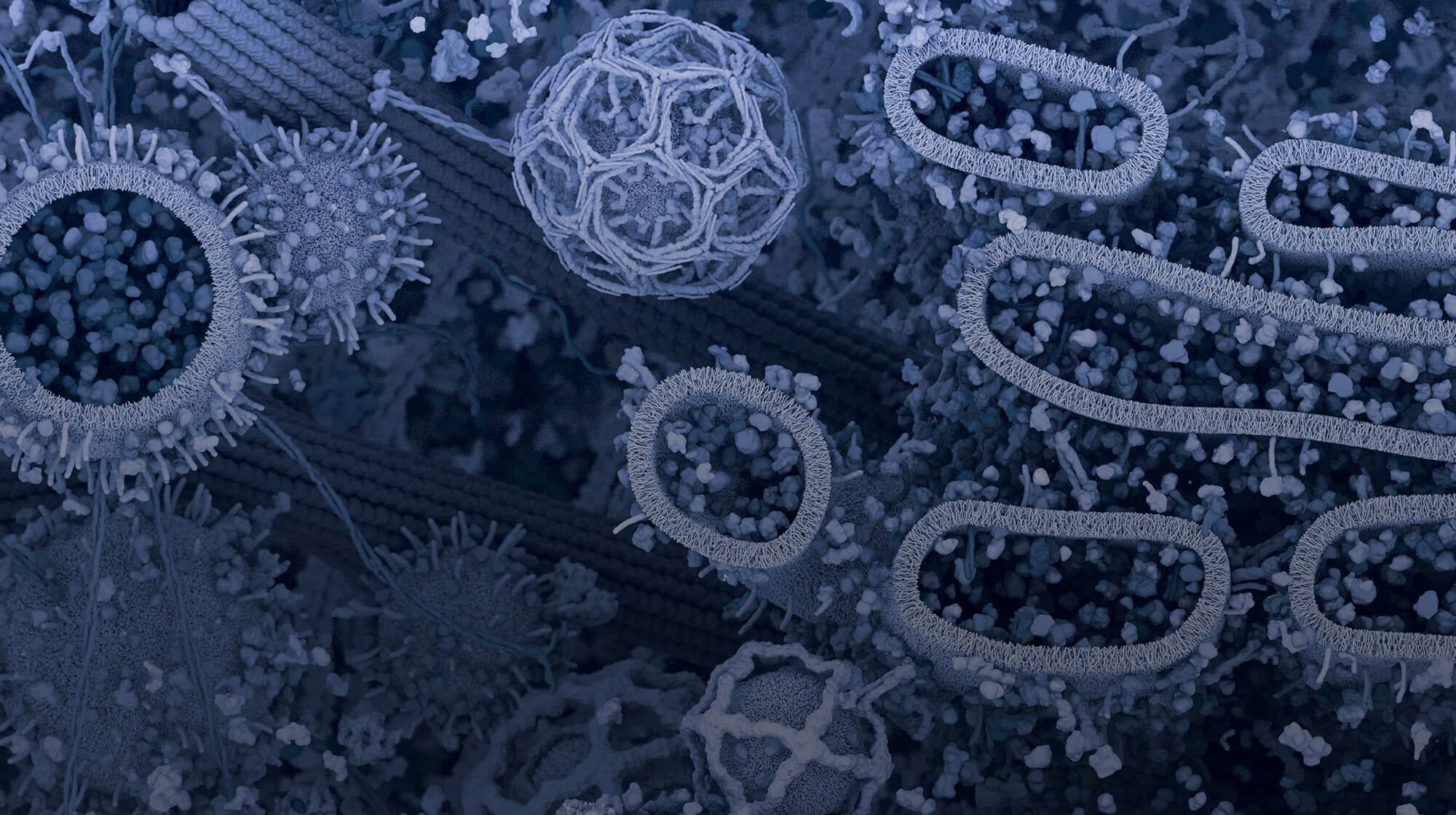A Message from our Chief Scientific Officer, Roberto Polakiewicz, Ph.D.
The time is now for the scientific community to come together to respond to the challenges of reproducibility and to be part of the solution . . .
It takes the ingenuity and hard work of the entire research community to move science forward. We build on the ideas and results of our peers to discover new avenues of investigation that, in turn, inspire ideas for others to advance. In this way, every new publication acts as a stepping stone, paving the way to a clear and reliable path towards solving a particular scientific problem. Countless diseases have yielded to this approach over the past 100 years, which is a testament both to the expertise and resourcefulness of the community and the strength of its methodology.
Recently, however, there have been reports in journals such as Nature and Science, stating that the published literature is becoming less reproducible. These reports suggest that the methods that have served us well in the past may now be failing to faithfully guide us.
As a company rooted in science, we are troubled by these reports. Our mission has always been to produce and rigorously validate our products in-house, so they will work dependably in your experiments and be useful to the important experiments they support. Our approach to product development was affirmed by the research community who ranked us as the number one company for reproducibility, sensitivity, specificity and technical support in 2015. We were honored to be so recognized, and we feel strongly that this recognition comes with a responsibility to act as a leader in addressing the growing reproducibility crisis.
To this end, CST is partnering with the Global Biological Standards Institute (GBSI) as well as representatives from industry and the manufacturing, publishing and academic fields. This group is hosting an online discussion with the community, this summer, to generate as many opinions and ideas from the research community as it can. The group will then convene this September to review the fruits of the online discussion, draft consensus definitions of reproducibility and its underlying causes, and offer technological and process-oriented solutions.
The reproducibility crisis is undoubtedly a complicated problem, but the challenge is not insurmountable. This is especially true if we address the problem the way we would any other: head-on and as a community.
Together, we can create a means to do better; we can get back to a place where we once again have faith in the published literature and confidence in our ability to advance biomedical research science.







